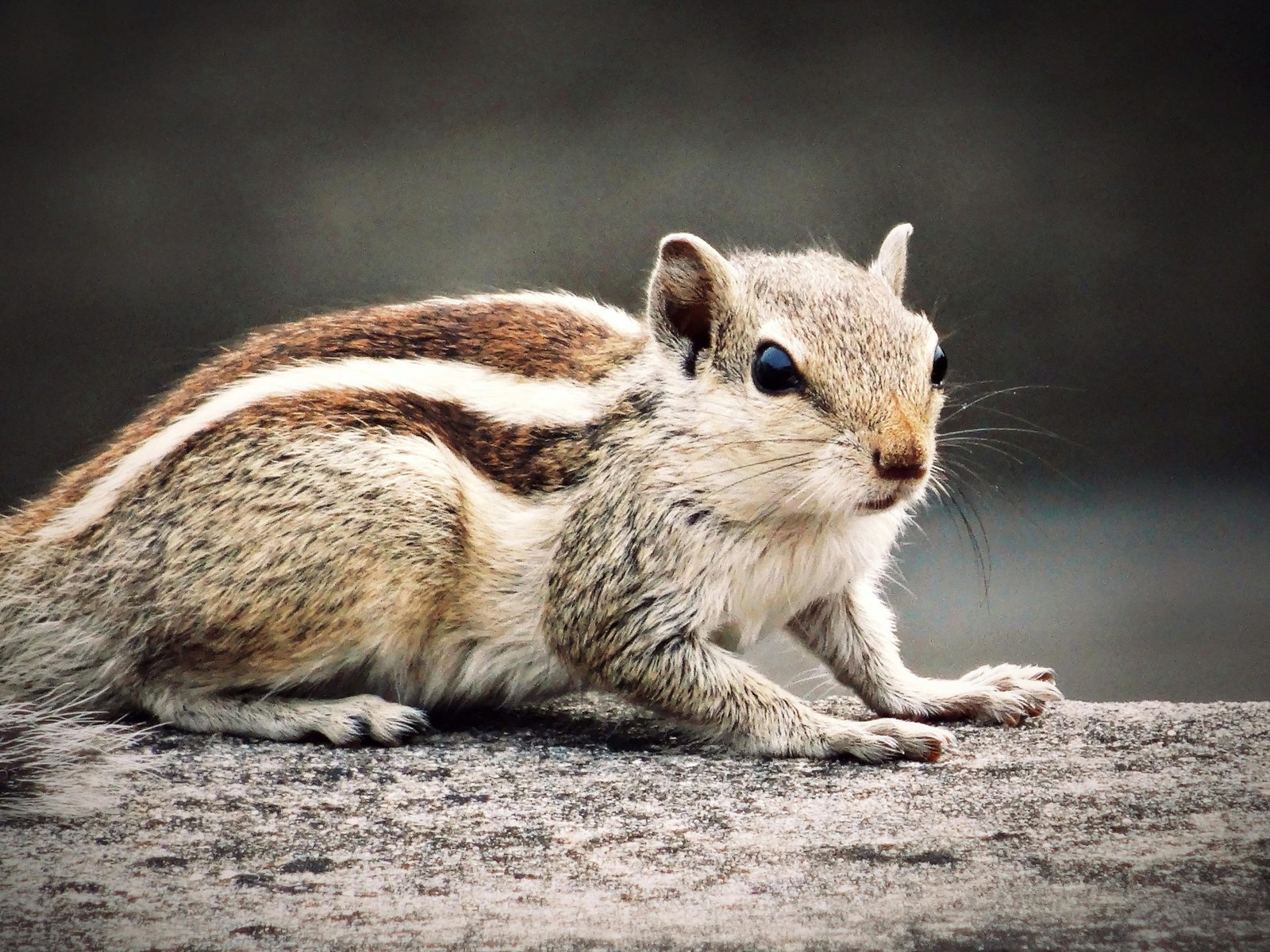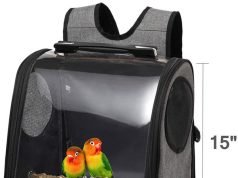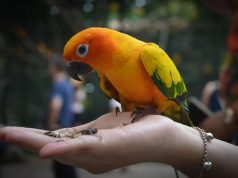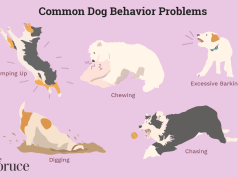How to Care for Pet Rodents: A Comprehensive Guide
Table of Contents
Introduction
As a dedicated pet owner, ensuring the happiness and well-being of your furry friends is crucial. When caring for small pets like hamsters, gerbils, mice, or rats, it’s essential to provide a nurturing environment tailored to their needs. This guide aims to give you the knowledge to create a fulfilling life for your pet rodents. Learn about choosing the right housing and bedding, meeting their nutritional needs, and addressing common health issues. Let’s explore together to ensure your rodents are happy and healthy.
Proper housing and bedding for pet rodents
When setting up housing for your pet rodents, it’s crucial to provide them with a safe and comfortable environment. Choose a cage that is spacious enough to allow for movement and exploration. Opt for cages made of metal wire or plastic, as they are easy to clean and provide good ventilation. Avoid cages with wire flooring, as this can harm your rodent’s feet; instead, use solid flooring or cover wire floors with appropriate bedding.
Speaking of bedding, selecting the right type is essential for your pet’s well-being. Choose bedding materials that are safe, absorbent, and dust-free. Popular options include paper-based bedding, aspen shavings, or fleece liners. Regularly clean the cage by spot-cleaning daily to remove any waste or soiled bedding. Every 2-3 weeks, replace a portion of the bedding to maintain cleanliness and freshness. Additionally, perform a full cage cleaning every 2-4 weeks by washing accessories and disinfecting the cage thoroughly [1]. By providing proper housing and suitable bedding, you can ensure a happy and healthy living space for your beloved pet rodents.
Nutrition and diet requirements
When it comes to caring for pet rodents, providing a well-balanced diet is crucial for their overall health and well-being. A typical diet for small rodents should consist of commercial rodent food as the main staple, supplemented with fresh fruits, vegetables, and occasional treats. It’s important to research the specific dietary requirements of your particular rodent species, as some foods can be harmful to them. Fresh water should always be readily available to ensure proper hydration [2].
Nutrition plays a significant role in the longevity and vitality of pet rodents. By offering a nutritious diet tailored to their needs, you are setting the foundation for a healthy life for your furry companions. Pet rats, for example, tend to live longer than their wild counterparts due to the care we provide them, including a well-rounded diet that meets their nutritional requirements [3]. Remember that providing the right balance of nutrients through their daily meals is an essential aspect of responsible pet ownership and contributes to their overall happiness and well-being.
Exercise and mental stimulation needs

When it comes to caring for pet rodents, providing adequate exercise and mental stimulation is crucial for their overall well-being. Rodents, such as rabbits, rats, mice, and hamsters, are intelligent creatures that require mental challenges to prevent boredom and promote a healthy lifestyle. Signs that indicate the need for mental stimulation include a decrease in activity levels and excessive chewing. To meet their exercise needs, consider providing your pet rodent with toys that encourage physical activity, such as tunnels and wheels. These toys not only keep them physically active but also stimulate their minds by engaging their instincts to explore and play [4].
In addition to physical exercise, mental stimulation is equally important for the well-being of pet rodents. Providing enrichment activities like hiding spots or puzzle feeders can help keep your rodent mentally engaged and prevent boredom. Rotating toys regularly can also keep things interesting for your furry friend. Remember that each type of rodent may have different preferences when it comes to mental stimulation, so observe your pet’s behaviour to see what they enjoy the most. By incorporating both physical exercise and mental stimulation into your pet rodent’s daily routine, you can ensure they lead a happy and fulfilling life [2].
Common health issues in pet rodents
Common health issues can arise in pet rodents, and rodent owners must be aware of these potential problems to ensure the well-being of their furry companions. One common health issue in pet rodents is respiratory infections. These infections can be triggered by poor ventilation in cages or exposure to drafts, leading to symptoms such as sneezing, wheezing, and difficulty breathing. Respiratory infections can be caused by various factors, including the presence of harmful bacteria or viruses in the air [Hey Dorothea]. It’s essential to provide a clean and well-ventilated living environment for your pet rodents to help prevent respiratory issues.
In addition to respiratory infections, another health concern for pet rodents is obesity. Domestic rats typically eat a pelleted diet with added fruits and vegetables for essential nutrients. However, rats can be prone to obesity if their food intake is not monitored closely. Rodent owners need to regulate their pets’ diet and exercise levels to prevent obesity-related health issues [Care.com]. By being vigilant about your pet rodent’s health and promptly addressing any signs of illness, you can help ensure a happy and healthy life for your beloved furry friend.
Handling and socialization tips
When it comes to handling and socializing your pet rodents, it’s essential to approach them with patience and gentleness. Rodents can be naturally skittish, so it’s crucial to create a sense of trust and security for them. Avoid using gloves when handling your pet rodents as they may find the unfamiliar texture intimidating. Instead, use your bare hands to interact with them, allowing them to become accustomed to your scent and touch.
Talking to your rodent in a soft and soothing voice can help reassure them during handling sessions. Building a strong bond with your pet rodent takes time and dedication but is incredibly rewarding for both you and your furry friend. Remember that each rodent has its own personality, so it’s important to respect their boundaries and comfort levels while gradually introducing handling and socialization activities into their routine. By approaching them with care and understanding, you can foster a trusting relationship that enhances their overall well-being.
Conclusion
In summary, caring for pet rodents involves knowledge, dedication, and compassion. By providing suitable housing, balanced nutrition, exercise, and addressing health issues, you can create a fulfilling life for your pets. Each rodent is unique, so adapt your care accordingly. Building a bond with your pets not only benefits them but also brings joy into your life. Enjoy every moment with your beloved rodents as you care for them.
You May Like 4 Steps to Help Your Pet Recover from Spay and Neuter Surgery
Sources:
1. https://petearnest.com/fancy-rat-care-a-comprehensive-guide-for-new-rat-owners
2. https://smallpets.org/s/small-rodent-pets-your-ultimate-guide-to-care-and-companionship
3. https://www.lovetoknowpets.com/small-mammals/pet-rat-diet-guide
4. https://www.heydorothea.com/tips-for-a-rodent/
5. https://www.wikihow.pet/Socialize-Pet-Rats











